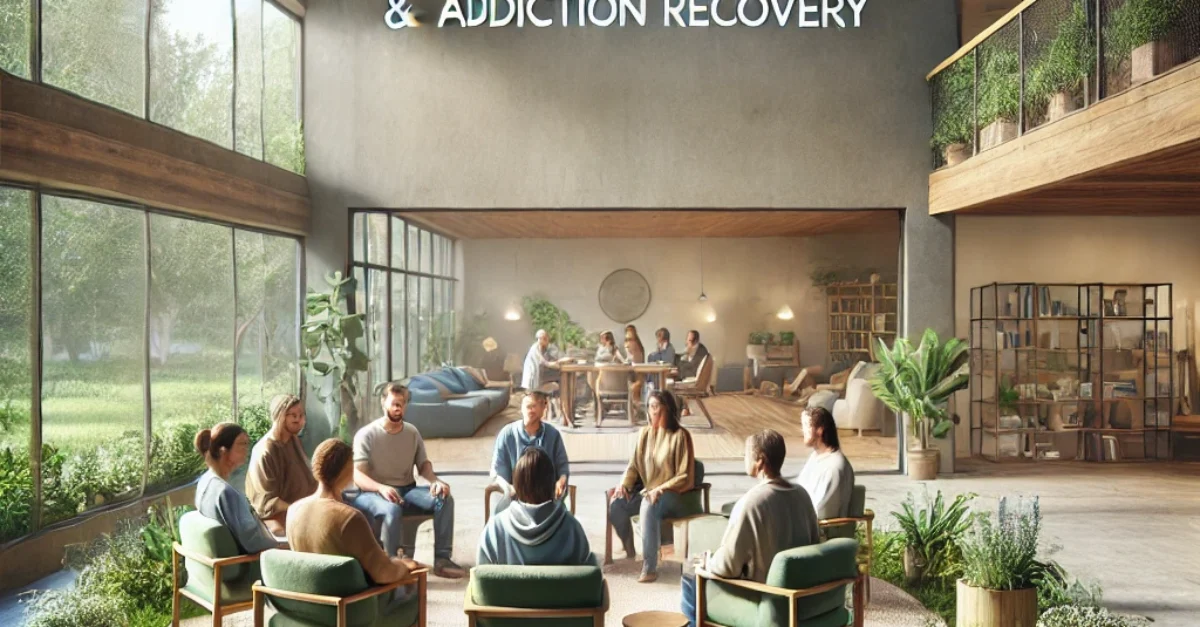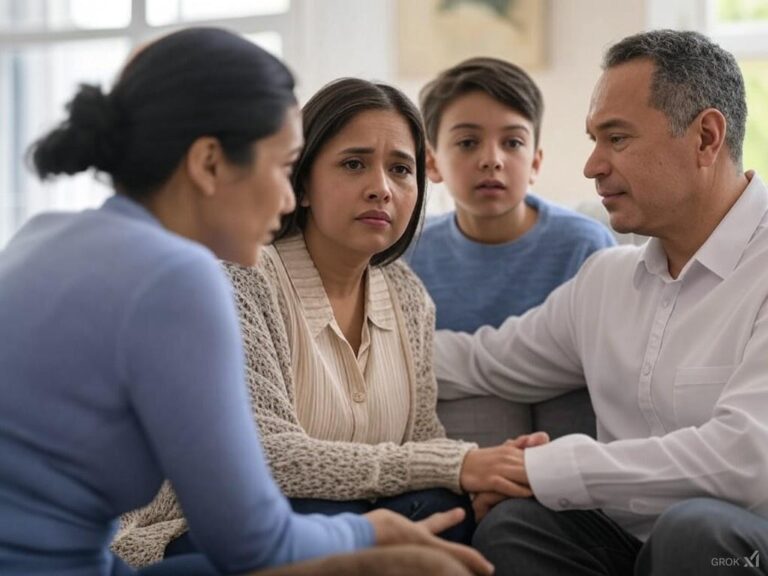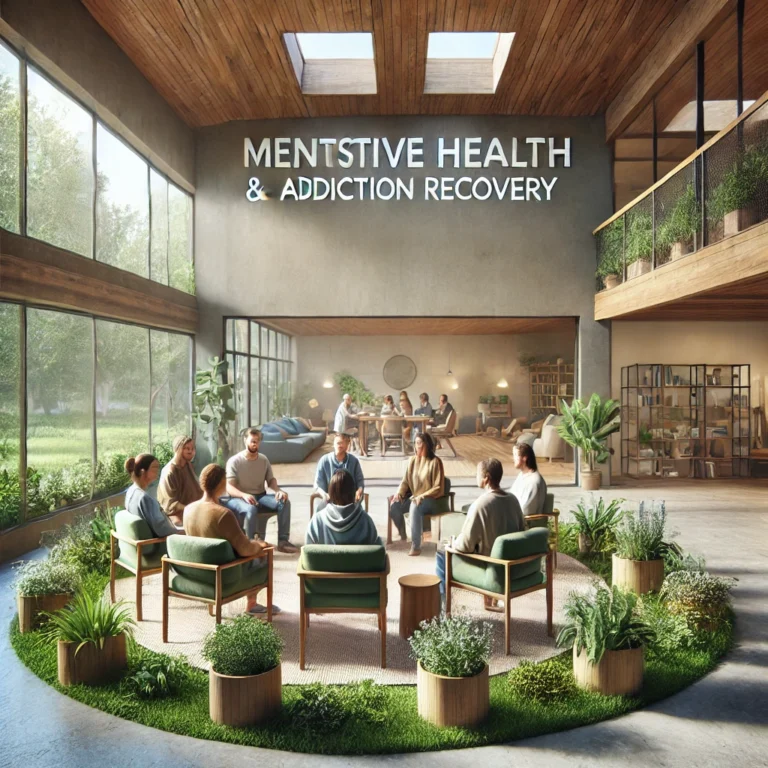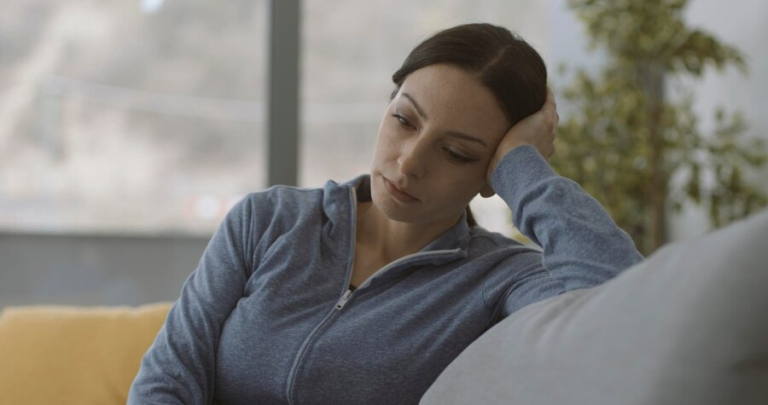Do Mental Health and Addiction IOP & Housing Programs Work?
When it comes to treating mental health disorders and addiction, finding the right combination of care and support is crucial. Two commonly recommended components in a comprehensive treatment plan are Intensive Outpatient Programs (IOP) and supportive housing programs. But how effective are these programs, and do they truly work in helping individuals achieve long-term recovery? Let’s explore.
Understanding Intensive Outpatient Programs (IOP)
Intensive Outpatient Programs (IOP) offer a level of care that is more structured and intensive than traditional outpatient therapy but more flexible than inpatient or residential treatment. IOPs are designed for individuals who require more support than weekly counseling sessions but do not need the 24/7 care provided by inpatient treatment.
In an IOP, participants typically engage in therapy sessions several times a week for a few hours each day. These sessions often include individual therapy, group therapy, and educational workshops that address the psychological, emotional, and behavioral aspects of addiction and mental health disorders. The goal of IOP is to help individuals develop coping strategies, strengthen their support systems, and maintain progress while still being able to fulfill work, school, or family responsibilities.
The Role of Housing Programs in Recovery
Supportive housing programs provide a stable and structured living environment for individuals in recovery. These programs are particularly beneficial for those who may not have a safe or supportive home environment. Housing programs often include sober living homes or halfway houses where residents can live in a community with others who are also in recovery.
The structure of these housing programs varies, but they typically offer access to counseling, group support, life skills training, and case management services. The key benefit of supportive housing is that it provides a safe space for individuals to focus on their recovery without the triggers or temptations that may be present in their previous living situation.
Do IOP and Housing Programs Work?
Research and real-world experience show that IOP and supportive housing programs are highly effective components of a comprehensive treatment plan for mental health and addiction. Here’s why:
Continuity of Care: Both IOP and housing programs offer continuity of care that helps individuals maintain the progress they’ve made during more intensive treatment phases. By providing ongoing support and therapy, these programs reduce the risk of relapse.
Community and Support: IOP and housing programs provide a sense of community and peer support, which are critical factors in recovery. Participants benefit from shared experiences, mutual encouragement, and the opportunity to build a strong, sober network.
Flexibility: IOPs allow individuals to receive treatment while still maintaining their daily responsibilities. This flexibility is important for those who need to balance recovery with work, school, or family life.
Safe Environment: Supportive housing programs offer a stable and safe environment where individuals can focus on their recovery without the distractions or challenges they may face at home.
Skill Building: Both IOP and housing programs emphasize the development of life skills, coping mechanisms, and relapse prevention strategies that are essential for long-term recovery.
Evidence of Success
Studies have consistently shown that individuals who participate in IOPs and supportive housing programs have higher rates of sustained sobriety and improved mental health outcomes compared to those who do not engage in these forms of continuing care. For instance, a study published in the Journal of Substance Abuse Treatment found that individuals who participated in IOPs were less likely to relapse and more likely to maintain employment and stable housing.
Similarly, supportive housing programs have been shown to significantly reduce the likelihood of relapse by providing a safe, structured environment where individuals can focus on their recovery.
Conclusion
Mental health and addiction recovery are complex processes that require comprehensive, multi-faceted approaches. Intensive Outpatient Programs (IOP) and supportive housing programs play a vital role in this process, offering the structure, support, and continuity of care that are essential for long-term success. These programs work because they address the full spectrum of needs that individuals in recovery face—providing therapy, building community, and creating a safe space for growth and healing.
If you or a loved one is struggling with mental health or addiction issues, consider the benefits of an IOP and supportive housing program as part of a comprehensive treatment plan. At Pennsylvania Recovery Center, we’re here to help you find the right path to recovery and provide the support you need to succeed.






